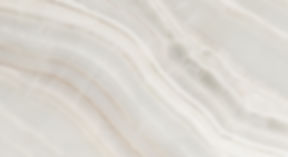T.J. Demos’ book ‘Decolonizing Nature’ examines how joining indigenous philosophies and environmental activism through an art context, can be used as an essential tool to engage with political and ecological issues such as climate change. In chapter 6 - Decolonizing Nature: Making the World Matter - Demos discusses how collectives like World of Matter encourage the de-centering of human sovereignty in order to bring human culture into equality with the environment. “What we need is a ‘natural contract’ that will reconceptualise our relation to material objects, environments, and non-human life forms.” This reconceptualization fosters an arena of contemplation regarding the transitional move of considering nature as a resource, to acknowledging it as an aesthetic philosophical arena, also discussed by Emily Eliza Scott from World of Matter which Demos reflects on. Both Demos and Scott hold the belief that engaging with indigenous understandings of a common world are key to this shift of perspectives, and vital in moving beyond the anthropocentric gaze.
Reframing these perceptions through an art context initiates new ways to comprehend ourselves and our relation to the world. Demos argues that aesthetic sensitivity to the agency of natural objects is imperative to the decolonization of nature, and the dissolving of boundaries between social and natural environments. The ideologies I have been exploring within my own practice run parallel to these notions; utilising environments and local natural phenomena as physical collaborators within my work to blur the lines between human culture and ecology. This interdisciplinary collaboration disrupts the well-worn hegemonic ways of engaging with the world that is so deeply engrained in our current society, and through it I seek to invite a sensitivity to the ways in which the human and the nonhuman are inextricably entangled.
Demos, T. J. Decolonizing Nature: Contemporary Art and the Politics of Ecology. Berlin: Sternberg Press, 2016.
